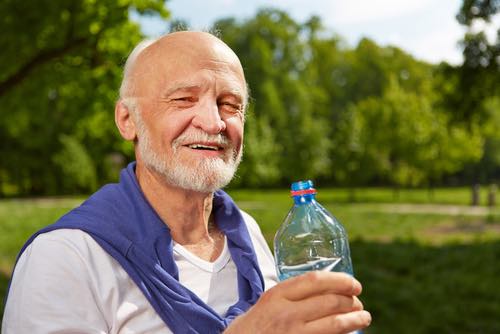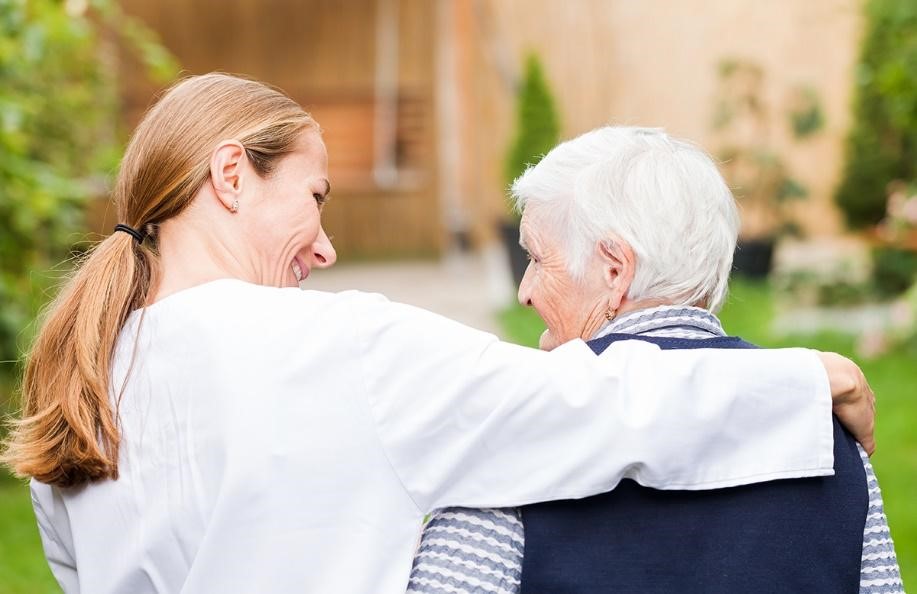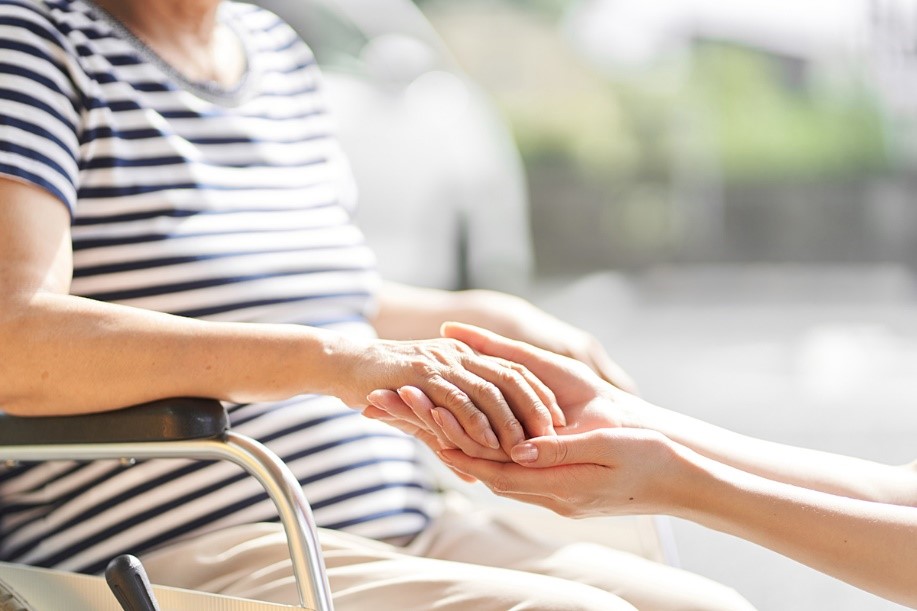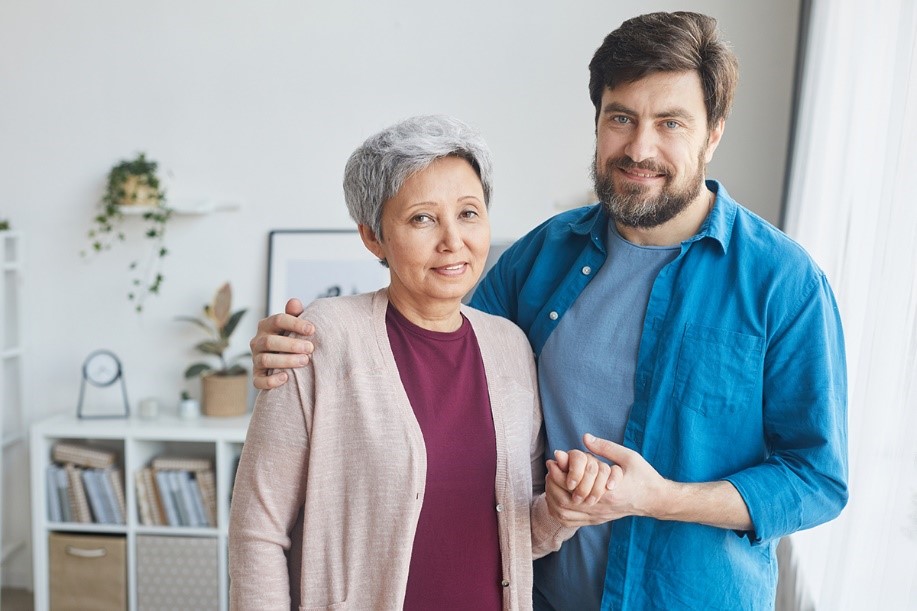
Understanding The Risks of Summer Heat
Heat-related illness can happen to anyone, especially those who spend a lot of time outdoors on a hot summer day. But elderly people face increased risks, and that’s why it is vital for seniors and their caregivers to know what to do in the event of an emergency. The first step in preparing yourself for summer safety is to know what kinds of risks you may face and what symptoms to watch for:
- Dehydration. Dehydration occurs when your body loses too much water, either as a result of not drinking enough or of sweating excessively. Warning signs include headaches, muscle cramps, dizziness, rapid heart rate, and confusion.
- Heat Stroke. When your body temperature rises to an unsafe level, you experience heat stroke. Heat stroke can occur at body temperatures of 103℉ or higher. Warning signs include hot, dry skin, rapid pulse, nausea or vomiting, dizziness, and loss of consciousness.
- Heat Exhaustion. Heat exhaustion is usually caused by a combination of too much heat and too little water. It can quickly lead to heat stroke if not treated immediately. Warning signs include excessive sweating or no sweating, cramped muscles, cold, clammy skin, tiredness, weakness, pale skin, nausea, headache, and fainting.
How to Handle a Heat-Related Medical Emergency
Heat stroke is a medical emergency, and dehydration may also warrant a 9-1-1 call or at least a call to your medical provider. Seniors who experience heat exhaustion should call 9-1-1 if they have heart problems if it they do not immediately begin to feel better after making an attempt to cool down. Here’s what you can do before, during, and after an emergency:
- Before: Know how to prevent heat-related illness. Drink plenty of water, stay cool, and stay out of the sun. In addition, planning ahead for a medical emergency can save a lot of stress if you need to go to the hospital. Gather your insurance card, legal documents, medical paperwork and other important information and put them in a safe place where you can access them quickly if needed.
- During: During any heat-related emergency, it is vital that you act quickly. Move the person out of the heat and place cloths soaked in cool water on his or her neck, wrists, ankles, and under the arms. This will bring the body temperature down. If your loved one is awake and able to swallow, encourage them to drink water or a sports drink containing electrolytes. Call 9-1-1 or your medical provider if you notice signs of heat stroke or heat exhaustion.
- After: Take steps to prevent a second incident by educating yourself and your caregivers about how to stay cool and hydrated in the summertime.
Summer Heat Safety Tips for Seniors: Beat the Heat and Stay Safe

- Stay out of the sun. The number one thing you can do to prevent heat illness is to stay indoors or in the shade, especially during the hottest part of the day. The sun is most intense from late morning to early afternoon, so stay inside or in an air conditioned building during that time if possible.
- Stay hydrated. The second most important step to take is to drink plenty of fluids. Avoid drinks high in sugar and sodium, and make sure water comprises a significant portion of your fluid intake each day. Fruits and vegetables that are high in water content can also contribute to staying hydrated, so keep plenty of cucumbers, watermelon, celery, and strawberries on hand to munch on.
- Spend time in air-conditioned places. Because many seniors struggle with poor circulation and feeling cold, they often turn off the air conditioning even during the summer. But air conditioning can help keep your body temperature regulated on extremely hot days, so consider turning it on for at least part of the day. If your home does not have air conditioning, head out to a library, mall, or restaurant where you can stay cool for a few hours.
- Dress appropriately for the heat. Wear lightweight, light-colored clothing in the summer, and be sure it is not tight or restrictive. Seniors who wear sweaters indoors should take them off before heading out into the sun. A lightweight hat can also be helpful for staying cool and preventing sunburn.
- Avoid using the oven or stove if possible. Cooking can rapidly increase the temperature in your home, so try to choose meals that don’t require an oven or stove. If you do need to cook, try to do so during cooler parts of the day.
- Avoid strenuous activity. Save walks, gardening, and other activities for morning or evening hours when temperatures are cooler. If you enjoy being outdoors, find a shady spot to sit down and relax and consider placing a box fan nearby.
Summer is a time for family gatherings, outdoor activities, and special memories. By following these simple guidelines, you can enjoy a healthy, restful summer without placing yourself at risk for heat-related illness.
{{cta(‘004c753b-1102-4902-8dbd-81225424a3b3’)}}






